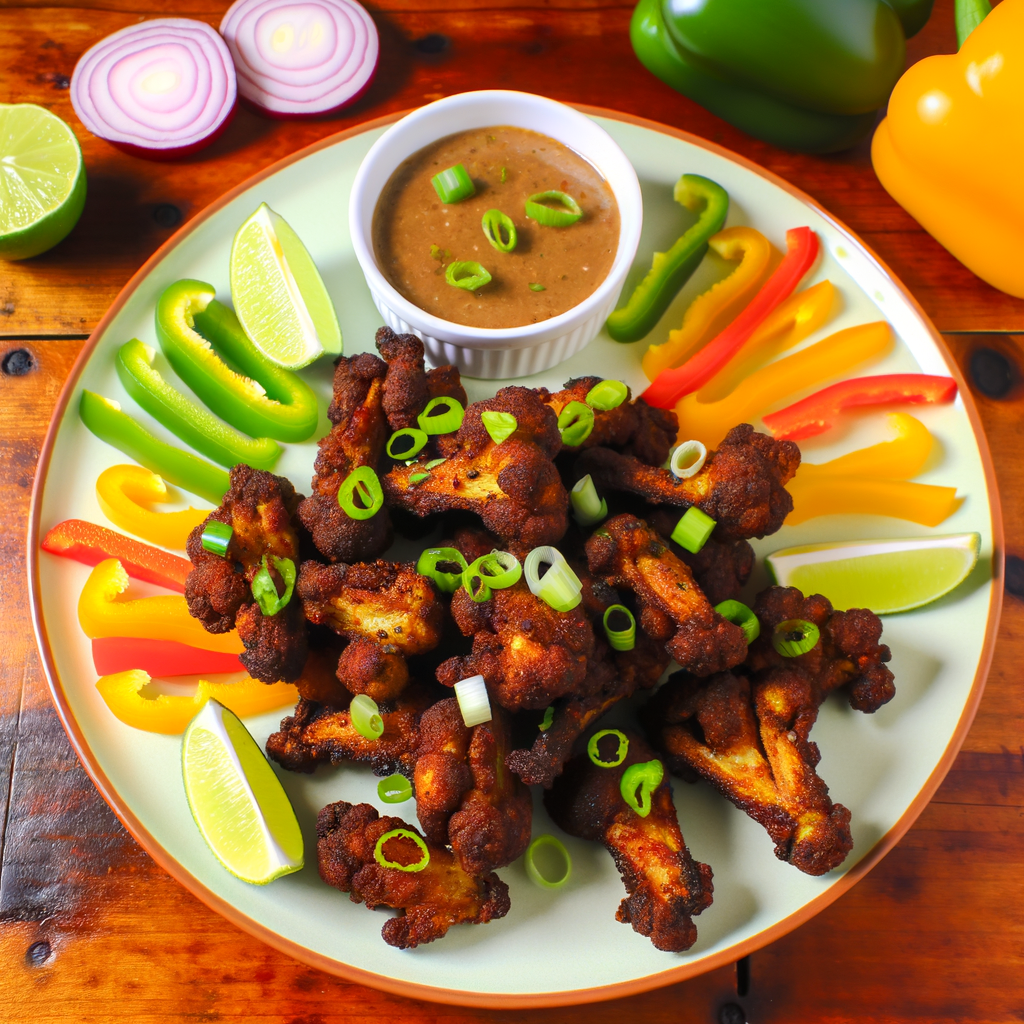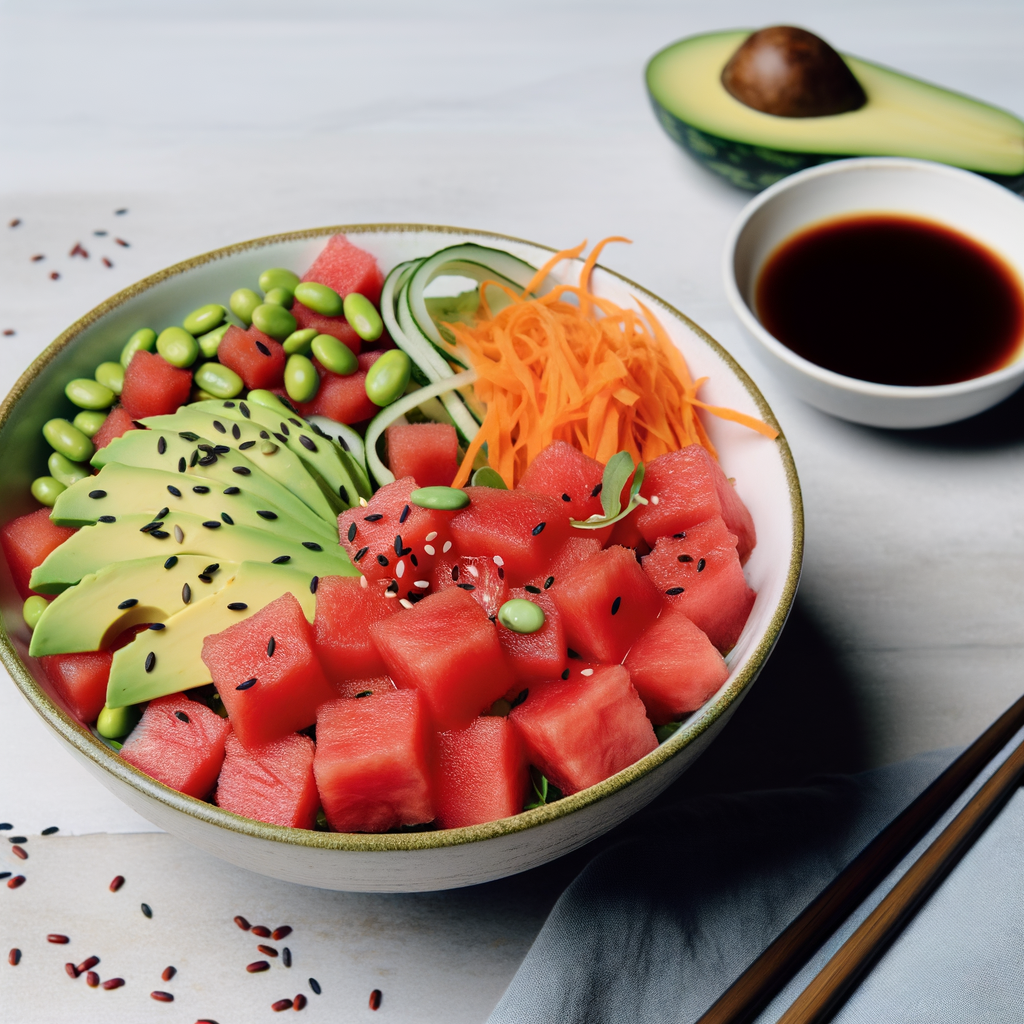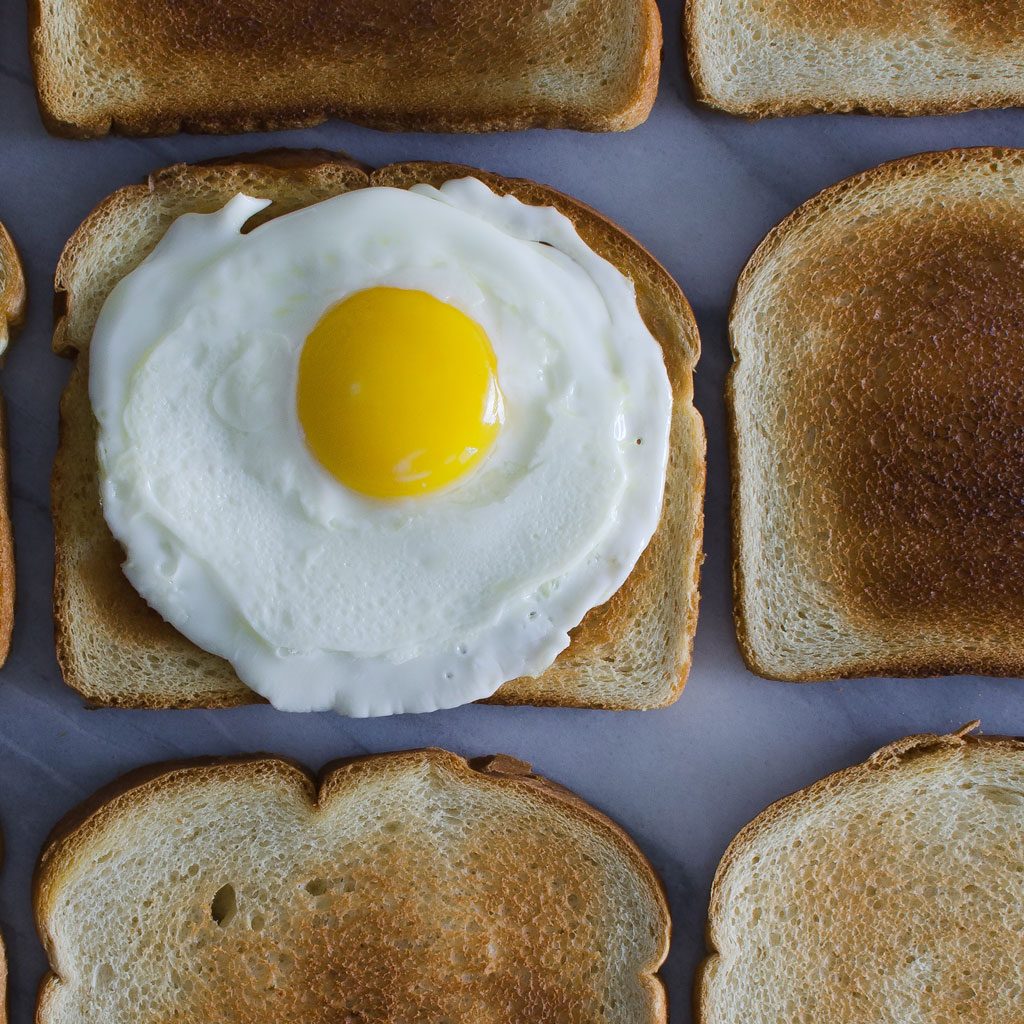14 High-Protein Sources for Vegetarians and Vegans
In a world that constantly emphasizes the importance of protein, vegetarians and vegans might feel at a loss for high-protein sources. It’s a common myth that plant-based diets lack sufficient protein. However, numerous plant-based foods can provide all the protein your body needs. Discovering these sources is vital not just for meeting daily protein requirements but also for ensuring overall health and well-being.
Nutritional Powerhouses: Protein-Rich Foods
To maintain muscle mass, aid in recovery, and boost overall health, find comfort in these exceptional sources of high-quality plant-based proteins.
1. Lentils
Lentils are a staple in many diets around the globe. Known for their versatility and affordability, lentils are a fantastic source of protein with roughly 18 grams of protein per cup. They’re also high in fiber, iron, and essential nutrients.
- Protein Content: 18 grams per cup
- Benefits: High in fiber and iron
2. Quinoa
Often recognized as a superfood, quinoa is a complete protein, which means it contains all nine essential amino acids. With approximately 8 grams of protein per cup, this gluten-free grain is perfect for salads, bowls, and side dishes.
- Protein Content: 8 grams per cup
- Benefits: Contains all nine essential amino acids
3. Chickpeas and Other Legumes
Chickpeas, also known as garbanzo beans, are incredibly versatile and can be used in various dishes. Whether it’s hummus, stews, or salads, chickpeas deliver about 15 grams of protein per cup. Other legumes like black beans, kidney beans, and peanuts are also excellent sources.
- Protein Content: 15 grams per cup (chickpeas)
- Benefits: Rich in fiber and other essential nutrients
4. Tofu, Tempeh, and Edamame
Soy products are renowned for their high protein content. Tofu and tempeh are versatile ingredients that can adapt to any cuisine, providing around 10-15 grams of protein per 3-ounce serving. Edamame, or young soybeans, offer approximately 17 grams of protein per cup.
- Protein Content: 10-17 grams per serving
- Benefits: High in healthy fats, vitamins, and minerals
5. Hemp Seeds
Hemp seeds are a powerhouse of nutrition, offering roughly 10 grams of protein in just 3 tablespoons. They’re rich in omega-3 and omega-6 fatty acids, fiber, and essential vitamins.
- Protein Content: 10 grams per 3 tablespoons
- Benefits: High in omega-3 and omega-6 fatty acids
6. Chia Seeds
Chia seeds provide about 4 grams of protein per 2 tablespoons. These tiny seeds are not just protein-rich but also an excellent source of omega-3 fatty acids, fiber, and antioxidants.
- Protein Content: 4 grams per 2 tablespoons
- Benefits: Packed with omega-3s, antioxidants, and fiber
7. Spirulina
A type of blue-green algae, spirulina stands out with an impressive 8 grams of protein per 2 tablespoons. It’s also rich in essential vitamins, minerals, and antioxidants.
- Protein Content: 8 grams per 2 tablespoons
- Benefits: Nutrient-dense superfood with essential vitamins and minerals
8. Nutritional Yeast
Nutritional yeast is a favorite among vegans. With about 8 grams of protein in 2 tablespoons, it’s not only a protein source but also a great way to add a cheesy flavor to dishes without dairy.
- Protein Content: 8 grams per 2 tablespoons
- Benefits: Rich in B vitamins and adds a cheesy flavor to dishes
Protein-Packed Snacks and Add-Ins
While whole meals are essential, having protein-rich snacks and add-ins can keep your energy levels stable throughout the day.
9. Peanuts and Peanut Butter
Peanuts and peanut butter are beloved snacks that pack a protein punch. With about 7 grams of protein per ounce, peanuts make for a satisfying and nutritious snack.
- Protein Content: 7 grams per ounce
- Benefits: Convenient and versatile snack option
10. Almonds and Almond Butter
Much like their peanut counterparts, almonds and almond butter are excellent protein sources. Almonds contain approximately 6 grams of protein per ounce.
- Protein Content: 6 grams per ounce
- Benefits: High in healthy fats and vitamins
11. Sunflower Seeds
Sunflower seeds provide a reasonable amount of protein, about 5.5 grams per ounce. They’re easy to add to salads, oatmeal, or to eat on their own.
- Protein Content: 5.5 grams per ounce
- Benefits: Rich in minerals and healthy fats
12. Pumpkin Seeds
Pumpkin seeds are another great option, offering around 7 grams of protein per ounce. They are also highly versatile and can be enjoyed on their own or added to various dishes.
- Protein Content: 7 grams per ounce
- Benefits: High in magnesium and zinc
13. Green Peas
Green peas might seem mundane, but they contain approximately 8 grams of protein per cup. They are easy to incorporate into a variety of dishes, from soups to stir-fries.
- Protein Content: 8 grams per cup
- Benefits: High in fiber and vitamin C
14. Seitan
Seitan, also known as wheat gluten, is a meat substitute that boasts around 21 grams of protein per 3-ounce serving. It’s a fantastic alternative for those looking for a meat-like texture in their meals.
- Protein Content: 21 grams per 3-ounce serving
- Benefits: Meat-like texture and highly versatile
Incorporating These High-Protein Foods into Your Diet
These 14 high-protein sources are not only nutritious but also versatile enough to incorporate into any meal – whether it’s breakfast, lunch, dinner, or snacks.
- **Breakfast:** Add chia seeds to your morning smoothie or sprinkle nutritional yeast on avocado toast.
- **Lunch:** Enjoy a quinoa salad loaded with vegetables and a side of hummus made from chickpeas.
- **Dinner:** Try a stir-fry with tofu and a mix of colorful vegetables.
- **Snacks:** Munch on roasted pumpkin seeds or a handful of almonds.
Conclusion
Achieving your protein intake as a vegetarian or vegan is not only possible but also enjoyable, thanks to a plethora of plant-based sources. By integrating a variety of these high-protein foods into your daily diet, you can meet your nutritional needs while enjoying a diverse and flavorful array of meals. Get creative in the kitchen and let these protein-rich foods enhance your plant-based lifestyle!











